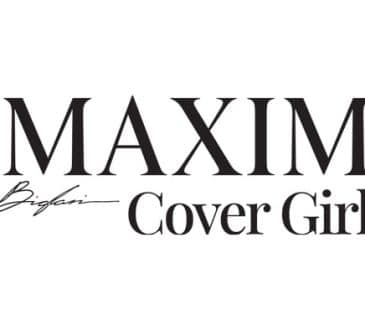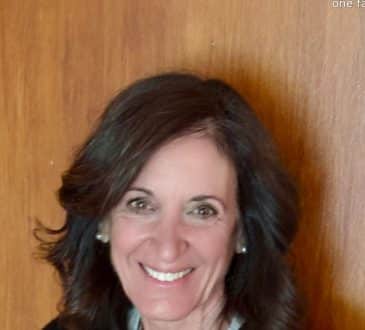How to know what you read on social media is true

From conspiracy theories to celebrity death notifications right through to financial claims and amazing ‘opportunities’… you’re forgiven for being suspicious of social media and what goes on there. The downside to this, is that we’ve found ourselves as consumers of social media to be very slow to trust with a lean to distrusting most of what goes up.
Furthering this, is the sheer volume of posts that are going up on social media platforms. Facebook alone has 147,000 photos uploaded every minute! To state the obvious, there is a lot of content being shared and created, and it can be tough to know what to believe, what to trust and even who to follow.
When it comes to discerning what’s true or not, there are some things to be aware of before we start assuming that the ‘grass is greener’. First and foremost we don’t know that it’s true!!! We all saw the meme of the guy sitting at his window, toilet seat up, pretending that he was looking out of the airplane window! #grossbutfunny! Here are some tips on how to see through the BS.
- #RealityCheck
Know that everyone is putting their best face, best days and best image forward. We all know that we’re being judged within milliseconds online and the need to be liked is rampant! Everyone is jostling for more likes on their photos and their posts, so just remember… most people are only sharing the best face, their best image and their best stuff.
Everyone on social media is marketing themselves. Either to their friends and family or to their prospective clients or bosses. Research their websites. Take a look at more of their posts before deciding that they are perfect! - #ThinkTwice
When you see something shared that catches your eye, before you rush to judgement (like what happens in tip #1) take a moment to think twice. If it’s someone you’re curious to learn more about, then go and take a look at all of the other posts that are being shared. Are they consistent? Are they ‘real’ or do you get a funny vibe about them?
Make sure you check out their websites before signing up or buying. Something that is really handy is knowing that PayPal is an option when it comes to buying from someone. PayPal have strict guidelines on who can can use their platform for purchases, so it’s often a good idea to look for the PayPal option. Additionally, using PayPal offers you, as the buyer, an extra layer of protection if something goes awry. - #BewareTheConsipracy
It’s on Facebook it must be true! #No. With Covid still rampant, there are more and more conspiracy posts and political posts going out. Make sure you do your own research (hot tip: researching on Facebook isn’t researching). Take a look deeper into issues before jumping on the bandwagon – even if what they’re sharing seems logical. Sometimes with a bit of deeper researching, you’ll find that some things will ’stack up’ and others will not.
Source the material that you need from reputable news sources and or organisations. Be mindful of what you’re consuming. Facebook has a ‘fact checking’ system within the platform that will show you if it suspects fake news or if it’s partially fake (by their standards). - #TooGoodToBeTrue
If it seems to be good to be true, it probably is! We’ve all witnessed the ‘laptop lifestyle’, ‘become an influencer’ and the ‘get rich quick’ schemes a la Jordan Belfort and his Penny stocks! If you see an ‘opportunity’ on social media that ties into anything like these types of topics, then just remember that if it sounds too good to be true, it probably is! Do some research. Read the testimonials. Try to talk to a real person if you can. People who are promoting things such as this should be registered as a business. You can search the ABR website to see if they’re registered as a ‘proper’ business. - #SnopesIsYourFriend
Have you seen the updates on social media that say a celebrity has died, to find out that they actually hadn’t? There are many stories that go up online (including articles, etc), news of things happening and there will be times where it’s simply not true and other times, where you might think it’s not true and then it is! You can utilise sites such as snopes.com that will show you to the best of their ability the likelihood of what you’re reading being true or not.
We are in the age of ‘Fake News’ and it can be somewhat overwhelming. Most of all, remember that what you’re seeing isn’t necessarily the reality and it’s up to you to question the content you consume for validity.
Have you read?
World’s Best Cities For Expats To Live.
World’s Best Cities For Remote Working Jobs.
Cities With The Largest Number Of Skyscrapers.
Highest Paying Jobs Without A College Degree.
Bring the best of the CEOWORLD magazine's global journalism to audiences in the United States and around the world. - Add CEOWORLD magazine to your Google News feed.
Follow CEOWORLD magazine headlines on: Google News, LinkedIn, Twitter, and Facebook.
Copyright 2025 The CEOWORLD magazine. All rights reserved. This material (and any extract from it) must not be copied, redistributed or placed on any website, without CEOWORLD magazine' prior written consent. For media queries, please contact: info@ceoworld.biz








